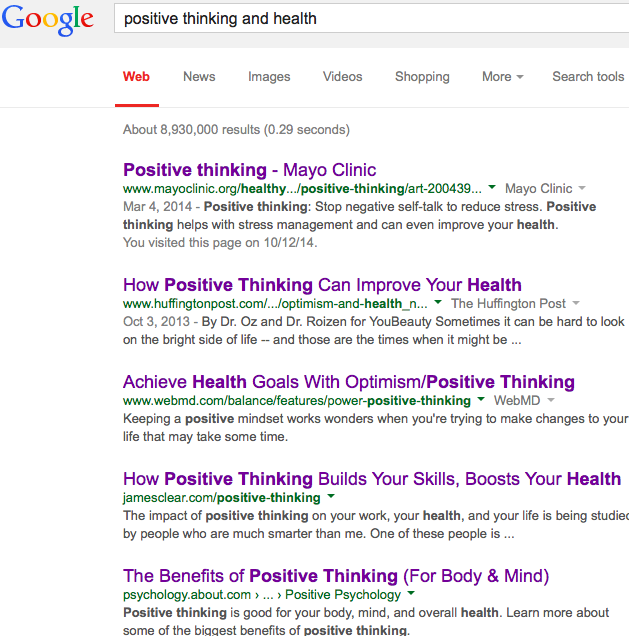I have never been good at timing when I eat. I may wake up some mornings at 8am and not eat until noon, which ends up pushing all of my eating times back. I have heard the theory that you shouldn’t eat 3 hours before you go to bed because it can result in health issues, but sometimes I eat at 10:30pm, which pushes my bedtime to past 1 am, and then the vicious cycle continues. Also none the health issues never seem to be specific, with weight gain being the only prevalent result. This did not really make a convincing argument that sleeping soon after eating was a health hazard, but since the notion does exist, I thought it was worth exploring.
My first finding was a study posted on WebMD, regarding an increased the risk of having a stroke. The subheading stated that, “people who wait an hour or more after eating before going to bed have a 66% lower stroke risk, researchers say.” I couldn’t gather much from that statement since it was positioned as a relative risk and I wasn’t sure what the normal risk of having a stroke is—which could potentially be low already.
Researcher Cristina-Maria Kastorini, a nutritionist at the University of Ioannina Medical School in Greece, conduced an survey on 500 currently “healthy” people: 250 people who had had a stroke and 250 with acute coronary syndrome—a common type of heart disease where there is a reduced blood flow to the heart because of clogged arteries, which can lead to tightness in the chest and sometimes heart-attacks. The participants were asked to complete detailed questionnaires asking about their sleep habits as well as when and what they ate.
The results stated that compared with the people who went to bed within and hour of dinner, those who waited 60 to 70 minutes were 66% less likely to have had a stroke. It also went on to say that those who waited 70 minutes to two hours had a 76% lower likelihood of having a stroke, but after two hours the reduction of risk began to taper off. I am not sure of how confident I feel in this data because the explanation is very vague and left me with a lot of questions. How did they calculate those percentages from the surveys? What factors were taking into consideration in determining the participants were healthy? Did those who waited longer end up healthier than when they began? Would the risk be the same for someone without heart-related health issues? Too many pieces went unanswered for me to buy into the concept.
What I did appreciate from this study was that the analysis took into a variety of heart disease and stroke risk factors:
- Sex
- Age
- Physical activity
- Weight
- Smoking
- Diet
- Family history
- High blood pressure
- High cholesterol levels
- Diabetes
This thorough observation really limits the possibility of third variables playing a substantial part in the study.
The reason why waiting longer might lower the risk wasn’t really discussed other than the fact that eating too close to bedtime increase the risk of reflux disease, which leads to sleep apnea—which is associated with strokes. Overall, after reading this study I feel like I am just as unsure whether or not I should eat around bed-time as I was when I found it. No substantial evidence was made to compel me to definitively stop eating closer to the time I go to sleep, so I guess I won’t concern myself with it as much. I will probably stop doing it anyways because I feel bloated in the morning and it throws off my internal hunger clock, but this study just told me that I am probably fine either way since I don’t have heart related health issues.
http://www.webmd.com/stroke/news/20110830/sleeping-soon-after-dinner-may-raise-stroke-risk



